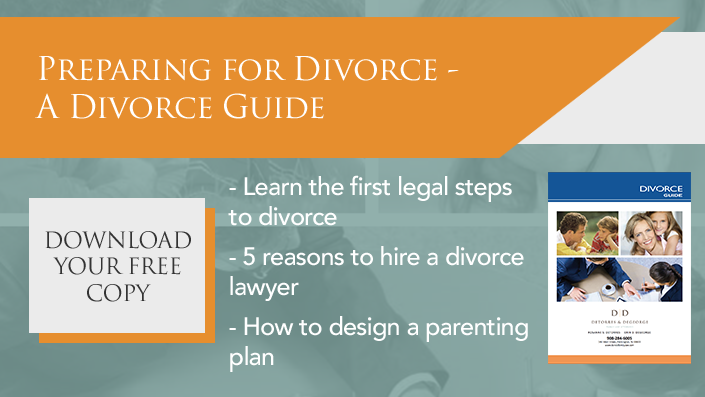Prenuptial agreements are rarely fun or easy to talk about, but they are critically important for many marrying couples. You may want to retain a family law attorney to assist you in drafting a prenuptial agreement prior to marriage to help you and your partner establish each individual’s rights in the event that the marriage ends. In many cases, people assume that prenuptial agreements are only appropriate for the very wealthy. However, this is not always the case and there may be instances in which parties who have a smaller estate may want to pursue a prenuptial agreement. Here are three things to consider when drafting a prenuptial agreement.
1. A prenuptial agreement must contain a complete disclosure of each party’s assets and liabilities at the time of signing.
One of the most important aspects of a prenuptial agreement is the assets and liabilities listing, known as the financial disclosure. It is necessary that the parties to the prenuptial agreement both provide this information and the details regarding same. For example, you will want to list all of your bank accounts and the amount of money in each account, as well as your vehicles and their approximate values; real property and its approximate value; and any credit card, student loan or other debt. Oftentimes the prenuptial agreement will include language that states that the values on the financial disclosure are approximate. However, if it becomes apparent later in the marriage that one party intentionally withheld information about their assets, this may be a basis for setting aside the prenuptial agreement.
2. A prenuptial agreement must be reviewed by independent counsel for each person, or there must be an express waiver of that right within the agreement.
The statute regarding the drafting and validity of prenuptial agreements specifically provides that an individual signing a prenuptial agreement must be given an opportunity to have the agreement reviewed by independent counsel, and if they waive that opportunity, it must be expressly written in the agreement. You must each be represented by independent counsel because it would be a conflict of interest for one attorney to represent both parties, as you may have conflicting interests. Once again, in the event that there is not an express waiver of this right, this is a basis for the prenuptial agreement to be set aside in the event of a divorce.
3. A prenuptial agreement will permit you to set forth what property will remain separate property, what will constitute joint property, and even what will happen in the event of the death of one of the parties.
By drafting a prenuptial agreement, you are acknowledging that some of the property owned by you or your future spouse will remain separate property, meaning that whoever’s name the property is currently in will remain the sole owner of that property, unless expressly modified in writing at a later time. Generally, prenuptial agreements also describe what property will be joint property and how the division of that property will be handled in the event of a divorce. For example, some people build in language that says joint property will be property that is paid for with contributions from both parties and they will be divided in proportion to those contributions. Prenuptial agreements also might contain language about what each person’s rights to inheritance will be in the event that their spouse passes during the marriage. This is especially true in cases where one of the people has children from a prior relationship and wants the children to receive the entirety of their estate upon their passing. There are a variety of options and considerations to make while drafting a prenuptial agreement, and you should be sure to discuss your concerns with your attorney.
If you have questions about a prenuptial agreement, contact the attorneys at DeTorres & DeGeorge for a consultation.


 START LIVE CHAT
START LIVE CHAT











